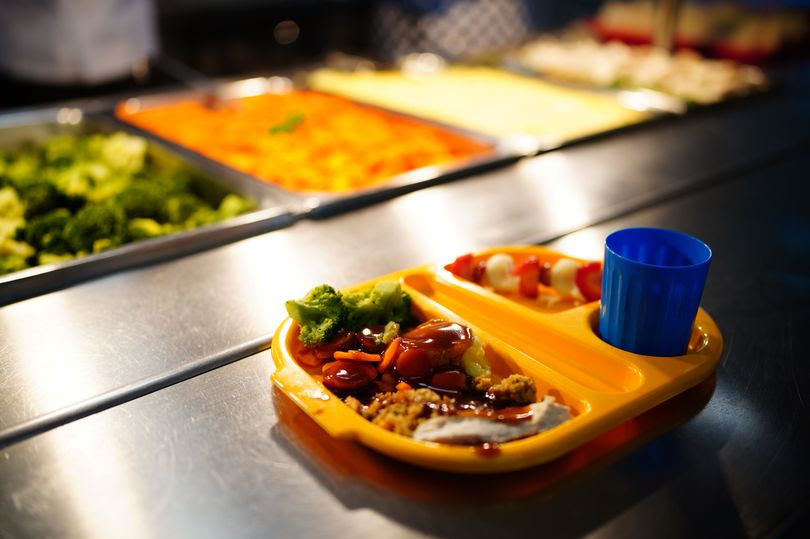A bold new initiative to expand access to free school meals for thousands of children across the West Midlands has been met with heartfelt appreciation from families, community leaders, and campaigners, who say the move is not just about food, but dignity, equality, and hope for the future.
Announced earlier this week, the plan will see an estimated tens of thousands of additional children across Birmingham, Wolverhampton, Sandwell, Walsall, Coventry, and Dudley gain eligibility for free school meals, regardless of parental income thresholds. It is part of a wider government-backed pilot aimed at tackling food insecurity and improving educational outcomes across the region.
For single mother Latifa Abubakar, who juggles two part-time jobs while raising three children in Smethwick, the announcement couldn’t have come at a better time. “Every week I have to choose between paying for gas or putting a decent meal in their lunchboxes. This promise feels like someone finally sees us.”
The West Midlands Combined Authority, in partnership with local councils, is spearheading the rollout, with many schools preparing for increased demand in September 2025. According to regional health data, 1 in 4 children in the West Midlands experience food poverty—a figure that has surged since the cost-of-living crisis took hold.
Birmingham teacher Mr. Harjit Singh welcomed the announcement: “You can’t teach a hungry child. Free meals mean children can focus, learn, and grow without shame or stigma. It’s a leveller in classrooms.”
Community organisations like Feeding Families UK and Black Country Foodbank have long championed universal access to meals in schools, citing improved concentration, behaviour, and health among recipients. For Rev. Elaine Thomas of Handsworth, who has run breakfast clubs in inner-city parishes for over a decade. “I’ve seen children faint from hunger.
“This promise, if honoured, is a moral triumph.” But while the initiative has been applauded, campaigners are urging transparency, equity, and speed in the rollout.
Dr. Rafiq Mahmood, a child health advocate in Coventry, noted: “The difference this will make is generational—but we must ensure it reaches undocumented children, marginalised families, and those between the cracks.”
The Phoenix Newspaper calls on schools, parents, and civic voices to remain involved, ensuring this initiative goes beyond policy and transforms lives in real terms. As the West Midlands positions itself as a beacon of compassion and inclusion, this free school meals promise is not just a welfare boost—it’s a bold statement of belief in every child’s right to learn, live, and dream with a full stomach.
